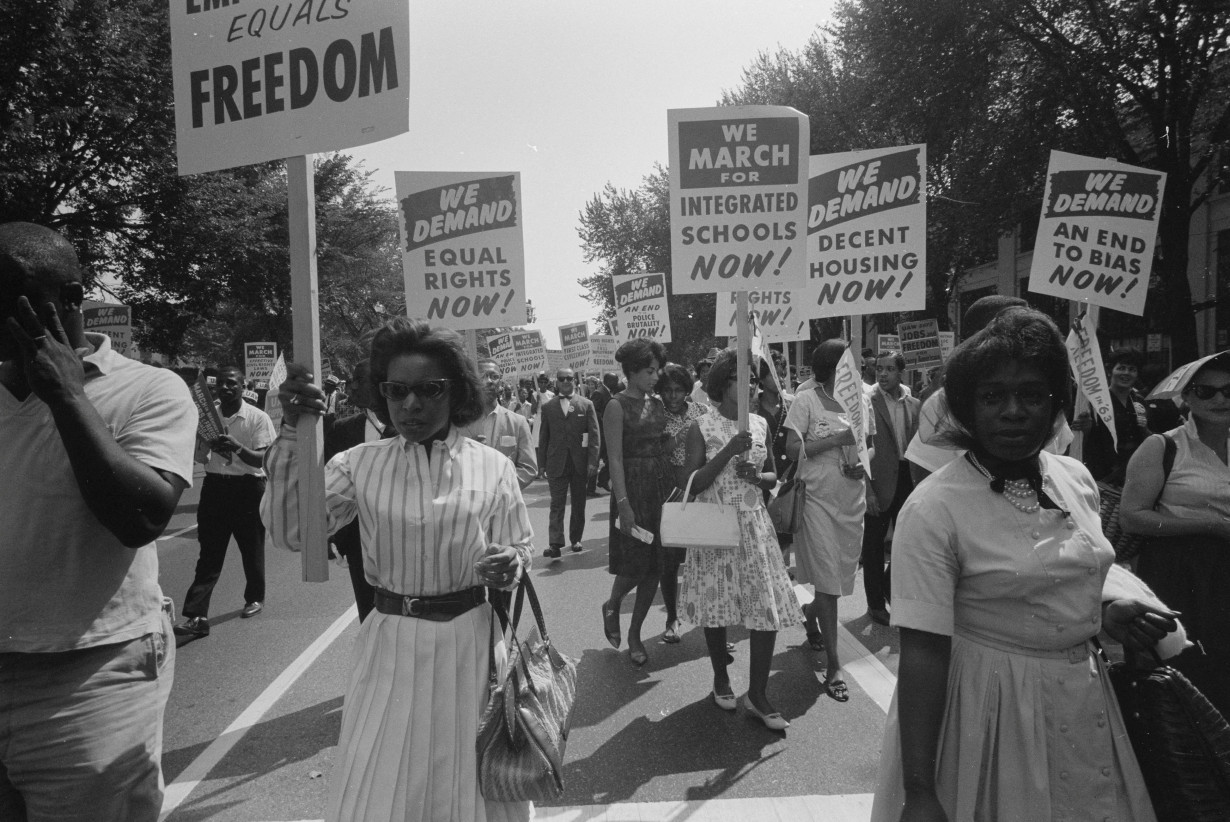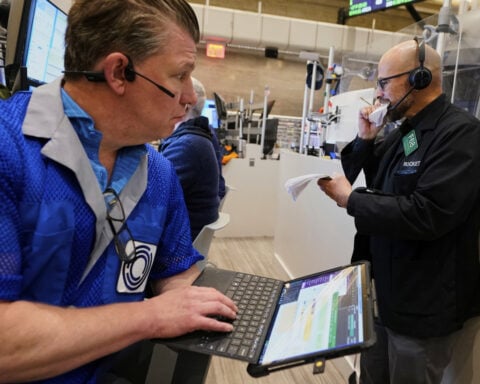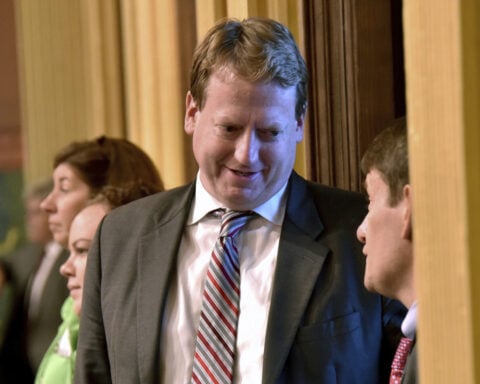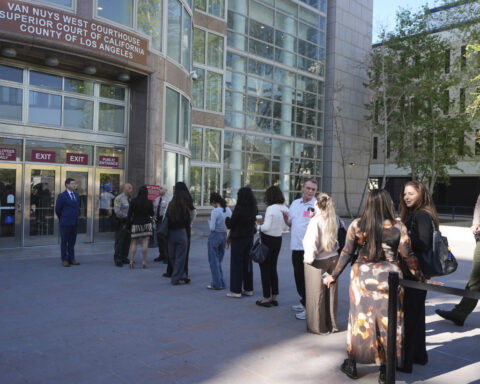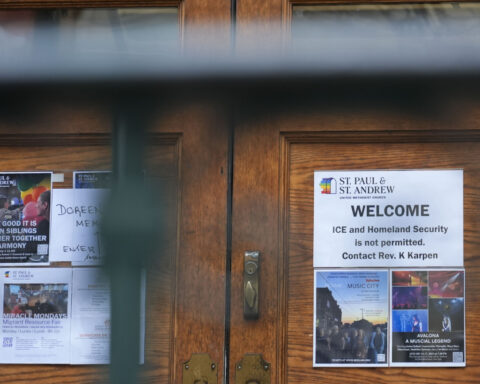WASHINGTON (Reuters) - When U.S. President Lyndon B. Johnson took the stage at Howard University in June of 1965, he had already signed the Civil Rights act into law, and he said he expected to sign the Voting Rights Act shortly.
The hard-fought legislation, crafted after widespread protests and demonstrations by Black Americans, was not enough, Johnson told Howard's historically Black university's graduating class. He laid out the vast economic gulf between Black and white Americans and his plans to address it.
Black poverty is not the same as white poverty, Johnson, a Democrat, said, it was also caused by "ancient brutality, past injustice and present prejudice."
Black Americans are still "buried under a blanket of history and circumstance. It is not a lasting solution to lift just one corner of that blanket. We must stand on all sides and we must raise the entire cover if we are to liberate our fellow citizens," he said.
Rather than improving, their situation was declining by many measures, Johnson said.
Black male income had declined and unemployment risen in recent years, he noted. The unemployment rate for Black and white men was nearly equal 35 years ago, he said, but since then had become twice as high for Black men than for white. The median income of Black families dropped from 57% of what white households earned in 1952 to 53% in 1963, he said.
Johnson said he was calling a conference of scholars, government officials and Black leaders, to ensure that Black Americans "move beyond opportunity to achievement."
In September, he signed executive order 11246 forbidding employment discrimination on the basis of race, color, religion and national origin by organizations receiving federal contracting and required federal contractors to set up detailed "affirmative action" programs to make sure that was the case that are monitored by the federal government.
Trump rescinded the order late on Tuesday in a flurry of measures aimed at repealing diversity programs across the country, in a move that could have far-reaching impacts. The White House included the order's elimination under a list of measures it called "Terminating Illegal Discrimination in the Federal Government."
The rescinded order is "the federal authority underpinning affirmative action for federal contractors and subcontractors," law firm Duane Morris explained in a message to federal contractors. "The executive order represents a radical change in government policy that throws the entire existence of race and gender-based affirmative action into limbo."
The phrase "affirmative action" and much of the executive order Trump is repealing, itself built on one signed by Johnson's predecessor John F. Kennedy in March 1961, which asked government contractors to "take affirmative action" to insure employees and applicants were treated "without regard to their race, creed, color or national origin."
Trump's rescinding of a 60-year old order comes as the racial gap in median income has improved only slightly since LBJ's 1965 speech. The median income of white, non-Hispanic families in 2023 was $89,050 according to the U.S. Census, while the median income of Black households was $56,490 - about 63% of white households'.
(Reporting by Heather Timmons; Editing by Tomasz Janowski)

 Trump has begun another trade war. Here's a timeline of how we got here
Trump has begun another trade war. Here's a timeline of how we got here
 Canada's leader laments lost friendship with US in town that sheltered stranded Americans after 9/11
Canada's leader laments lost friendship with US in town that sheltered stranded Americans after 9/11
 Chinese EV giant BYD's fourth-quarter profit leaps 73%
Chinese EV giant BYD's fourth-quarter profit leaps 73%
 You're an American in another land? Prepare to talk about the why and how of Trump 2.0
You're an American in another land? Prepare to talk about the why and how of Trump 2.0
 Chalk talk: Star power, top teams and No. 5 seeds headline the women's March Madness Sweet 16
Chalk talk: Star power, top teams and No. 5 seeds headline the women's March Madness Sweet 16
 Purdue returns to Sweet 16 with 76-62 win over McNeese in March Madness
Purdue returns to Sweet 16 with 76-62 win over McNeese in March Madness
